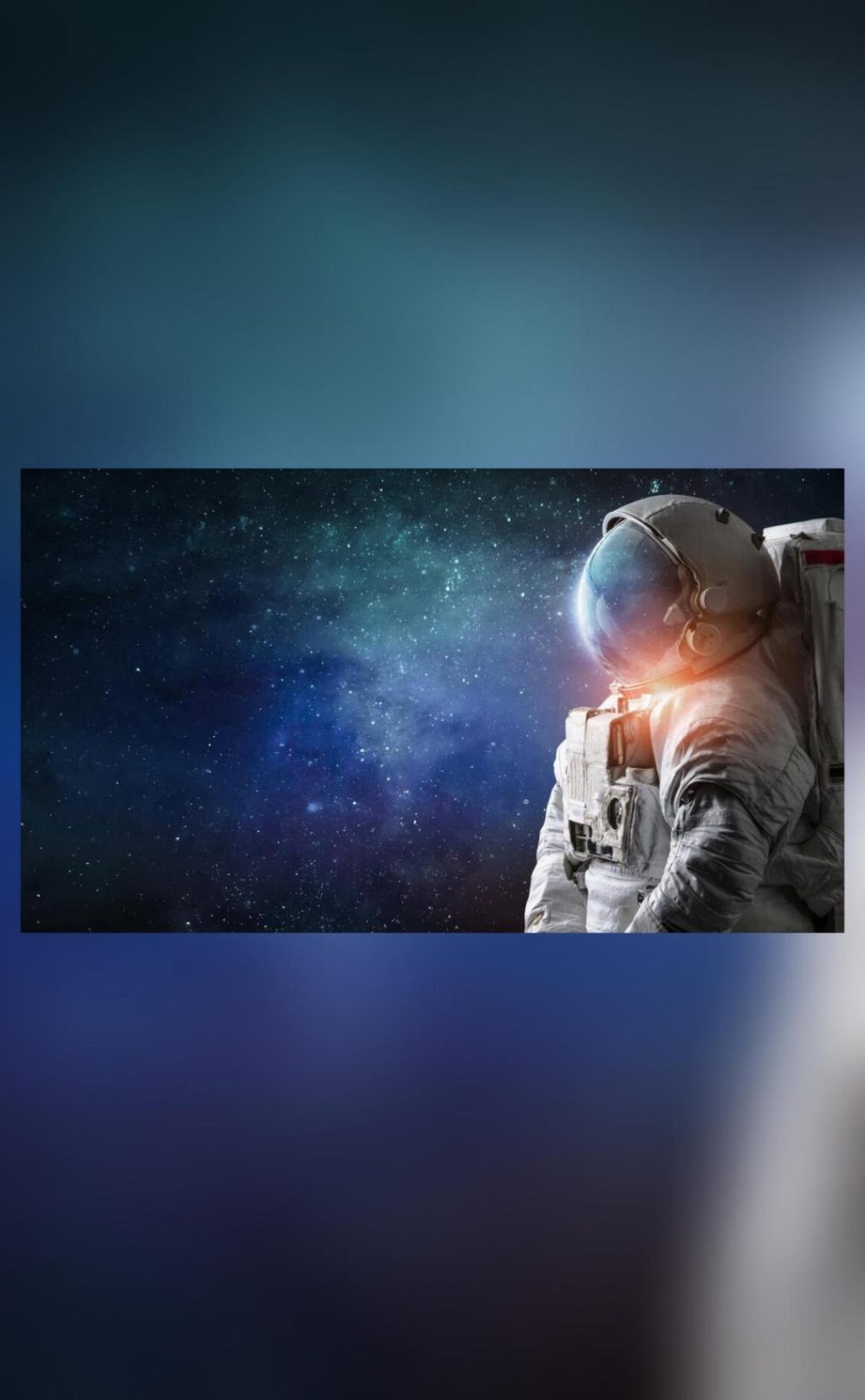
Google & NASA Create AI Medical Assistant for Mars Missions
In a groundbreaking collaboration, NASA and Google have unveiled an artificial intelligence (AI) medical assistant designed to keep astronauts healthy during long-duration space missions, including those to Mars. The innovative system, dubbed the Crew Medical Officer Digital Assistant (CMO-DA), is a multimodal AI that can process speech, text, and images to diagnose and treat medical conditions. With its impressive diagnostic accuracy rates, CMO-DA is poised to revolutionize healthcare in space exploration.
As NASA prepares for its ambitious plans to send humans to Mars in the coming decades, the need for reliable and efficient medical care has become increasingly crucial. The harsh environment of space, combined with the psychological and physical stresses of long-duration spaceflight, poses significant health risks to astronauts. Traditional medical practices, which rely heavily on human judgment and expertise, may not be sufficient to address the unique challenges of space medicine.
Enter CMO-DA, a cutting-edge AI system developed by NASA and Google in collaboration with the University of California, San Francisco. The system is built on Google Cloud’s Vertex AI platform, which provides the scalability and flexibility required to process vast amounts of medical data and respond to the diverse needs of astronauts.
CMO-DA is designed to work alongside human medical professionals, providing real-time support and guidance to help diagnose and treat a range of medical conditions. The system can process a variety of data sources, including medical records, images, and audio recordings, to identify potential health issues and recommend appropriate treatments.
In a recent test, CMO-DA demonstrated impressive diagnostic accuracy rates for two common health issues: ankle injuries and ear pain. The system was able to accurately diagnose ankle injuries with a rate of 88%, and ear pain with a rate of 80%. These results are particularly noteworthy, as they suggest that CMO-DA can provide reliable and effective medical support even in the most challenging environments.
The benefits of CMO-DA extend beyond its impressive diagnostic capabilities. The system’s ability to process multiple data sources and provide real-time guidance can help reduce the workload of human medical professionals, freeing them to focus on more complex and high-priority cases. Additionally, CMO-DA’s AI-powered decision-making can help reduce the risk of human error, ensuring that medical care is provided with greater accuracy and consistency.
The development of CMO-DA represents a significant milestone in the application of AI to medical care. As the technology continues to evolve, it is likely to play an increasingly important role in improving healthcare outcomes for astronauts and enhancing the overall safety and efficiency of space missions.
The collaboration between NASA and Google is a testament to the power of public-private partnerships in driving innovation and advancing our understanding of the universe. As we continue to push the boundaries of space exploration, it is essential that we leverage the latest technological advancements to ensure the health and well-being of our astronauts.
In conclusion, the Crew Medical Officer Digital Assistant (CMO-DA) represents a major breakthrough in the development of AI-powered medical care for space missions. With its impressive diagnostic accuracy rates and ability to process multiple data sources, CMO-DA is poised to revolutionize healthcare in space exploration and ensure the safety and success of future Mars missions.






